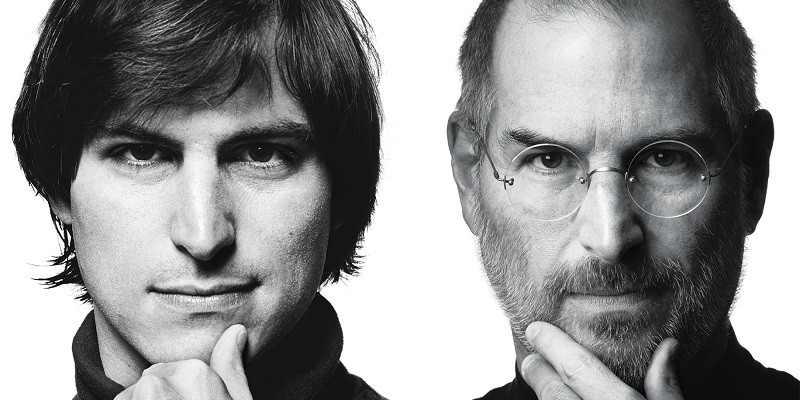
Will working remotely last?
December 9, 2020
How two Students made $600,000 USD in 24 hours
January 4, 2021When Steve Jobs was 12-years-old he wanted to build a frequency counter, but he was lacking some of the necessary parts to complete the project.
Instead of giving up, however, he did the only thing he could think of: he looked Bill Hewlett’s number up in the phonebook and he gave him a call.
To Steve’s surprise, Bill, the co-founder of Hewlett Packard, personally answered the phone. After Steve explained who he was and what he was up to, Bill agreed to give him some spare parts for his project. Not only that, but he also gave Steve a summer job at HP putting nuts and bolts together on the assembly line that built frequency counters.
While sharing this story in 1994 with the Silicon Valley Historical Association, Jobs stressed the importance of asking for what you want:
“Most people never pick up the phone. Most people never call and ask. And that’s what separates sometimes the people who do things from those who just dream about them. You gotta act. You gotta be willing to fail. You gotta be willing to crash a burn. With people on the phone or starting a company, if you’re afraid you’ll fail, you won’t get very far.”
If you don’t ask, you won’t get
Throughout my career, I’ve worked with successful entrepreneurs, coaches, and creatives. These people are scattered all over the globe and they come in many different shapes and sizes.
However, like Jobs, the one characteristic they all have in common is they know that no one is coming to save them and it is up to them — and only them — to go after what they want.
When most people think about taking a chance, they paralyze themselves thinking about all the negative things that could happen.
They allow their self-talk to be flooded with “What if” statements like, “What if I get rejected?” “What if they laugh at me?” and “What if I’m not ready?”
The people who make an impact, however, silence their doubts by focusing on the potential positive outcomes: “What if they say yes?” “What if they know a friend who can help me?” “What if this is my big break?”
They do this because they know the old adage “Good things come to those who wait,” is out of date.
The people who get what they want have the balls to ask for what they want.
Ask yourself who around you is moving forward
Steve Jobs and Elon Musk both got started in their careers by asking for what they wanted. Jobs wanted a few spare parts and ended up with a summer job. Musk cold-called people he wanted to meet and after getting on the radar of Peter Nicholson, a top executive at the Bank of Nova Scotia, he was offered an internship where he went on to pitch Nicholson ideas.
It’s easy to look at change-makers like Jobs and Musk and say to yourself, “It’s easy for them. They’re geniuses.”
To encourage you to put down your doubts, and pick up the phone, below are a few stories from people you walk by every day who decided their dreams were more important than a moment of potential embarrassment.
The world is full of incredibly kind people
When talking about his experience with HP, Steve Jobs said something that stopped me in my tracks:
“I’ve always found something to be very true, which is most people don’t get those experiences because they never ask.” Jobs continued, “I’ve never found anybody that didn’t want to help me if I asked them for help.”
Now granted, not everyone is going to want to help you. Overall, however, from my experience and that of my friends, Jobs is right: the world is full of people who want to help but they just don’t know you need it.
Opportunities come in all shapes and sizes. However, the one thing they have in common is they always come from other people.
If you want to make an impact in the world, steal a line from Steve Jobs and pick up the phone.


